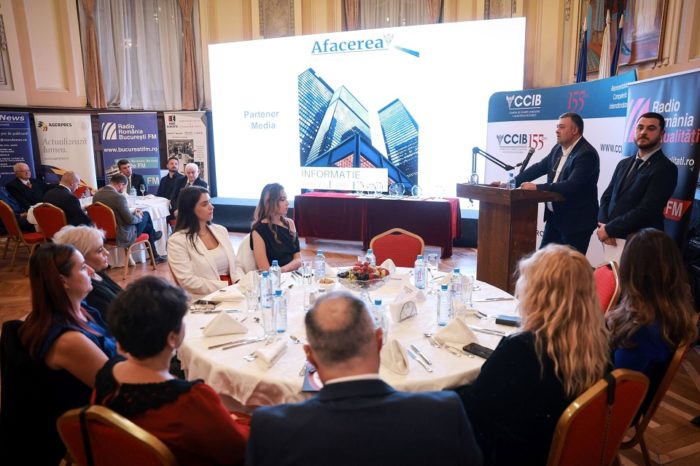Endava Romania renews its lease at the UBC building in Cluj-Napoca

British software services company Endava has renewed its lease for a further five years at the United Business Center building, part of the Iulius Mall Cluj development. The deal, brokered by real estate consultancy Colliers, covers 4,300 square meters of office space and will allow the company to strengthen its local team and continue its expansion in Cluj-Napoca.
“Endava sought a building that met specific criteria in terms of location, service ecosystem, and construction quality. After conducting a thorough market analysis, evaluating several locations, the tenant decided that the best option was to remain in the current location and strengthen its long-standing partnership with IULIUS. Cluj, the second-largest business center in Romania after the capital, is known for its remarkable economic dynamism, with growth that is unprecedented not only nationally but also within the European Union. This performance enhances its appeal. The city has become the headquarters for major IT and technology companies and is increasingly drawing the attention of real estate investors, as it meets the demand for expansion”, says George Didoiu, Director | Tenant Services at Colliers.
About half of the leases signed in the first half of this year were renewals. By comparison, pre-pandemic lease renewals averaged 28 percent per year, with lows of 19 percent in 2011 and 22 percent in 2019. While hybrid working hasn’t caused the ”office apocalypse” predicted a few years ago, it has prompted some companies to downsize their office space.
”The regional cities have seen significant growth in recent years, with a substantial stock of new Class A buildings and tenants expecting high standards of quality and efficiency. The office market in Cluj-Napoca is stable and mature, with few available spaces, especially in very high quality locations, where the vacancy is below 3 percent. The predominant trend in the local real estate sector is stability and maintenance of space rented by large tenants”, concludes George Didoiu.















